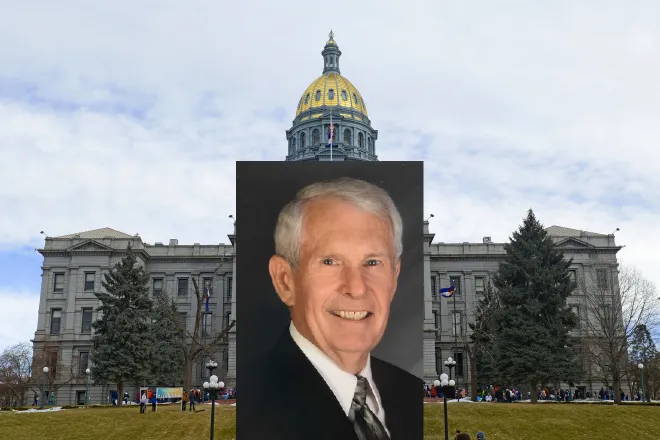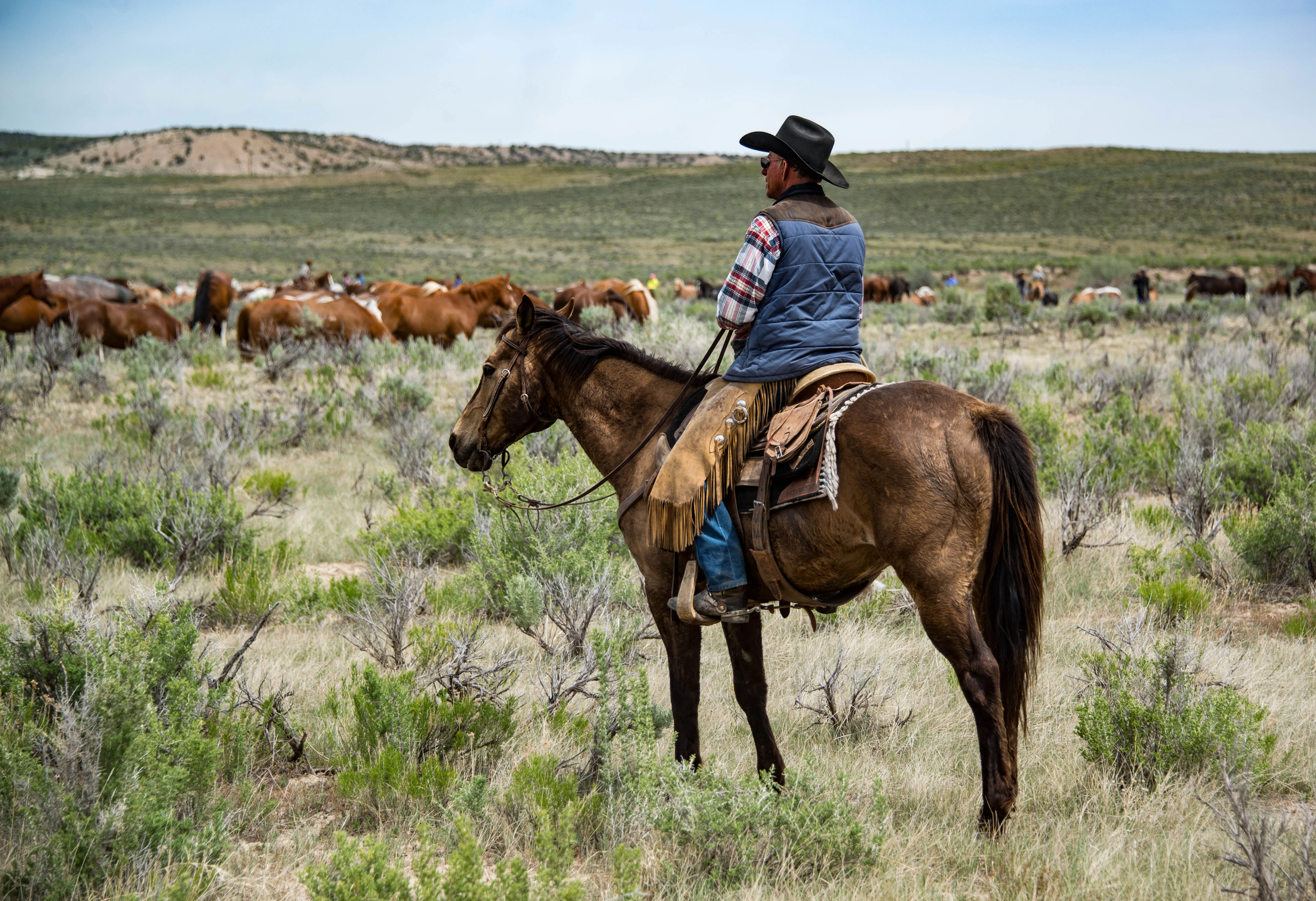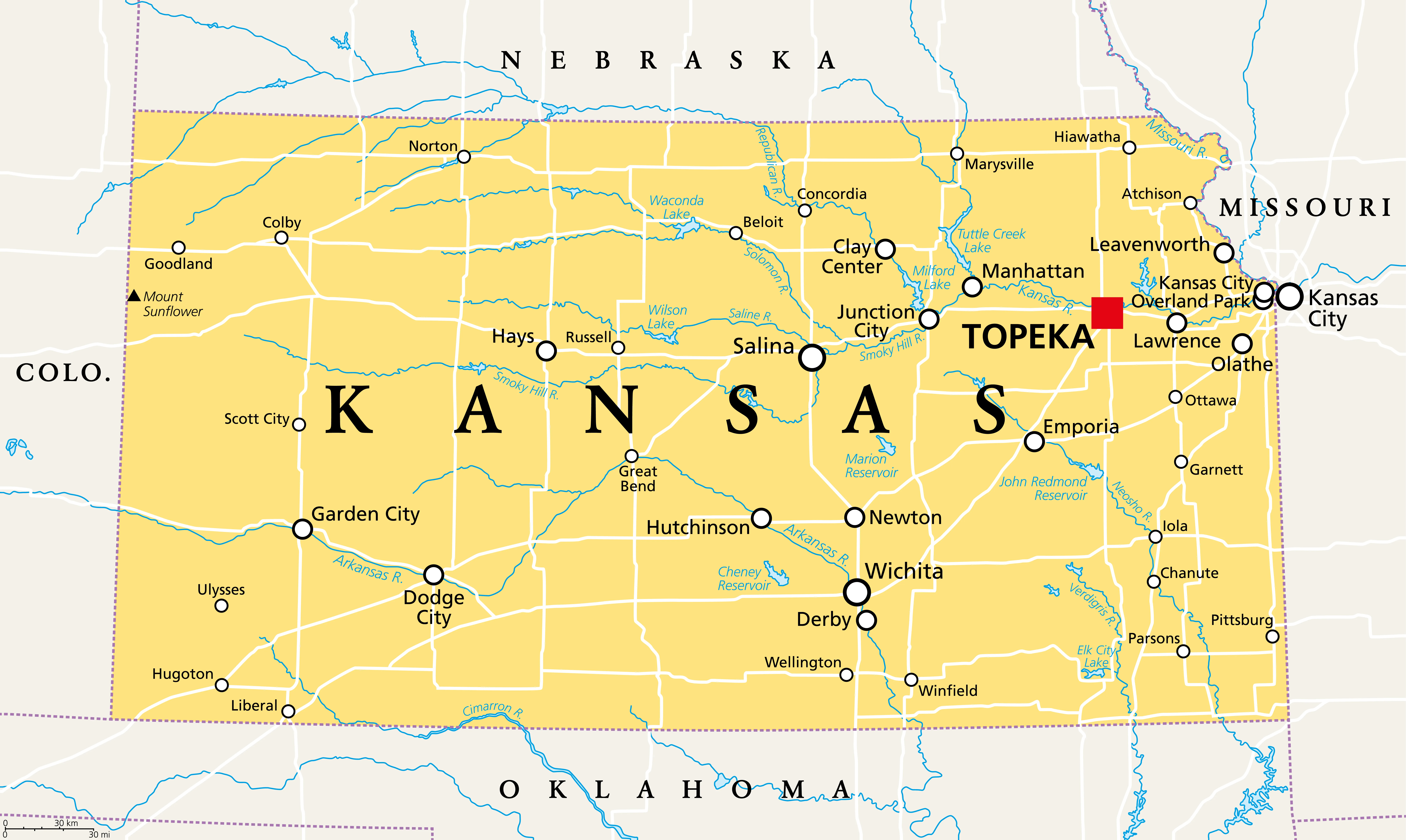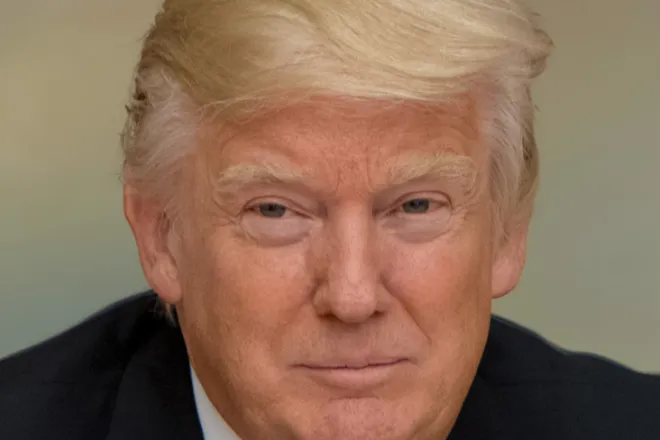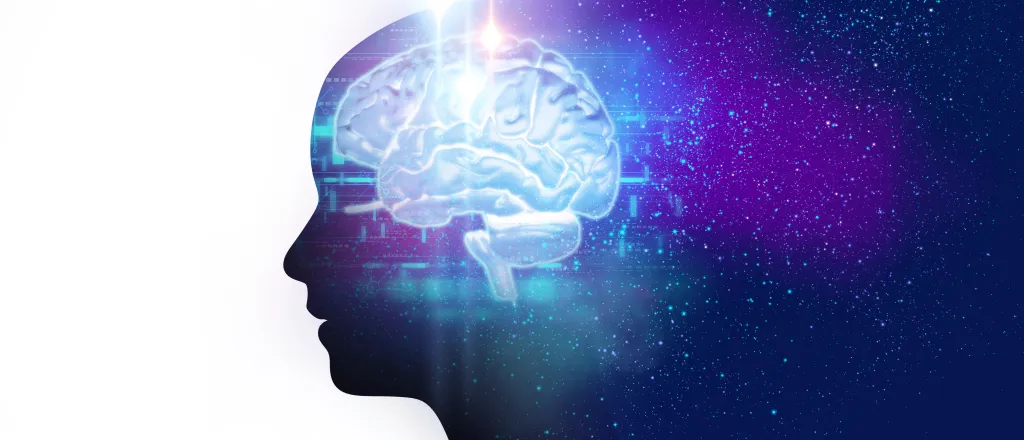
Colorado spotlights role of psychedelics in addressing overdose crisis
Click play to listen to this article.
Some 7,000 people are expected to attend this week's Psychedelic Science conference in Denver and public health activists are spotlighting the potential for mind-altering medicines to help address the nation's overdose crisis.
They also said the medications could help end decades of mass incarceration.
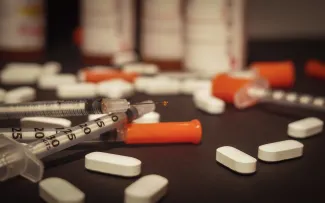
Amanda Hall, senior director of national campaigns for the advocacy group Dream.org, said Colorado is on the front lines of psychedelic drug therapies, which she said can improve mental health, treat post-traumatic stress disorder and help people overcome addiction to opioids and other harmful substances.
"Psychedelics can help with substance use disorder, help people really get on that road to recovery and get their life back," Hall explained. "We've seen studies that it can reduce alcohol consumption by over 80 percent for heavy drinkers."
In 2022, Colorado voters decriminalized the use of psychedelics, including psilocybin mushrooms, mescaline and DMT for people 21 and older. The state has started licensing healing centers, expected to open as early as this summer.
Psychedelics are still illegal under federal law, but U.S. Secretary of Health and Human Services Robert F. Kennedy Jr. has supported decriminalization.
Hall believes psychedelic therapies forged in Colorado could work hand in hand with efforts to reverse the punishment-based approach in what she called the nation's "failed war on drugs." In addition to addressing addiction, Hall emphasized it is important to make sure people arrested for drug offenses have access to resources which could improve their chances to reenter and remain in communities.
"To recovery resources, to housing, to employment," Hall outlined. "Things that research show actually makes us safer as well, as opposed to just continuing to incarcerate people."
Drug offenses are a leading cause of arrests in Colorado and across the U.S., and people of all ethnicities and backgrounds use illicit drugs. Those who are prosecuted are disproportionately people of color. The U.S. has the world's highest incarceration rate, with more than 2 million behind bars at any given time. Nearly two million are Black, up from 360,000 during the 1970s.


